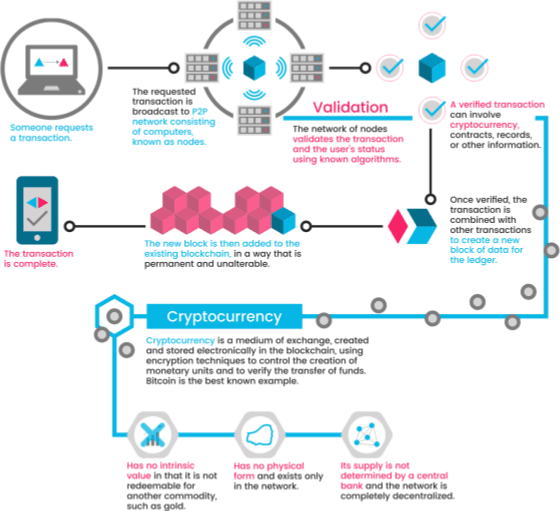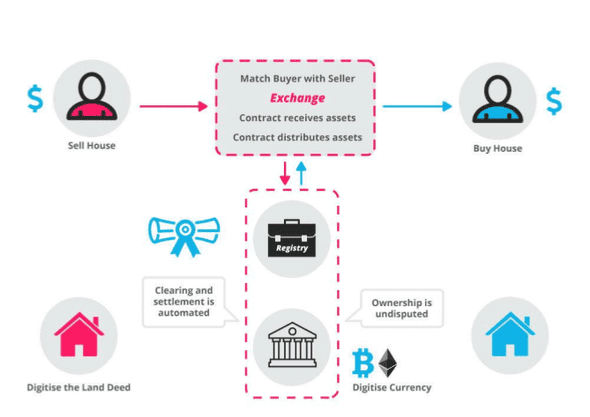
Let’s talk about Blockchain
Short introduction for blockchain - March 10, 2017Blockchain technology presents opportunities for disruptive innovation. It enables global business to perform transactions with less friction and more trust.
What is blockchain?
Blockchain is a shared, immutable ledger for recording the history of transactions. It fosters a new generation of transactional applications that establish trust, accountability and transparency.
Key business benefits of Blockchain
- Drastically reduces the time for disputes, time to find information or to verify a transaction, leading to quicker settlement and deliveries.
- Decreases overhead and costly intermediaries while also automating inefficient processes.
- Minimizes the risk of collusion, tampering, and unintentional exposure of information.
- Builds new revenue streams, and streams to interact with clients.
Blockchains can run code.
While the first blockchains were designed to perform a small set of simple operations — mainly, transactions of a currency-like token — techniques have been developed to allow blockchains to perform more complex operations, defined in full-fledged programming languages.
Because these programs are run on a blockchain, they have unique characteristics compared to other types of software.
- First, the program itself is recorded on the blockchain, which gives it a blockchain’s characteristic permanence and censorship resistance.
- Secondly, the program can itselfcontrol blockchain assets — i.e., it can store and transfer amounts of cryptocurrency.
- Third, the program is executed by the blockchain, meaning it will always execute as written and no one can interfere with its operation.
The term “smart contracts” refer to any complex program that is stored and executed on a blockchain.
Follow
Recent Posts
- IMF Chief Envisages Large-Scale Shift Towards Cryptocurrencies
- SWIFT’s Blockchain Pilot For Bank-To-Bank Transfers Went ‘Extremely Well’
- What about an ICO?
- Developer Showcase Series: George Theofilis, Synaphea
- Viva Nest Finals - Commendation to Synaphea team
- Let’s talk about Blockchain
- Meet us at GSMA Mobile World Congress
- KCN: Blockchain project Synaphea
- Blockchain project ‘Synaphea’ for Insurance Group Companies
- «Building» the first greek blockchain application


